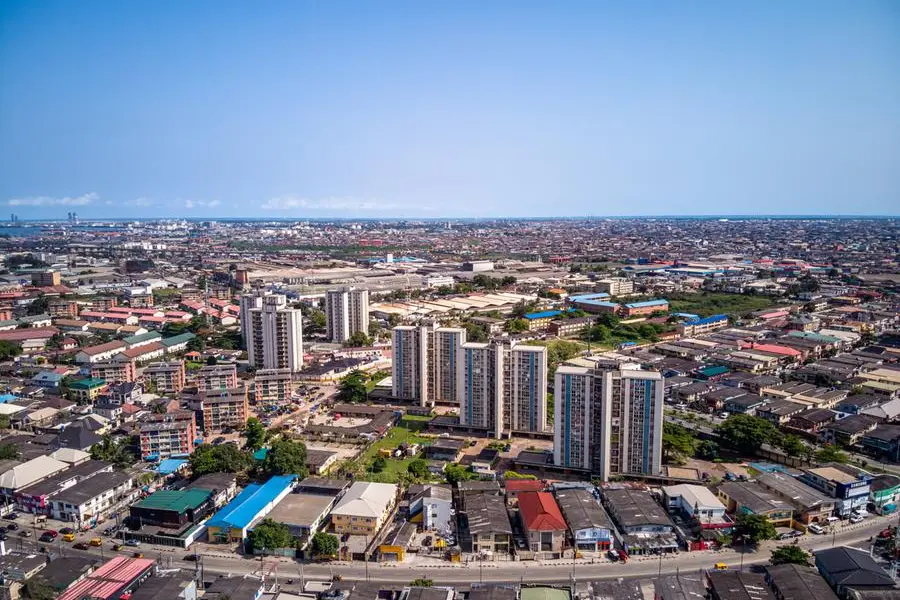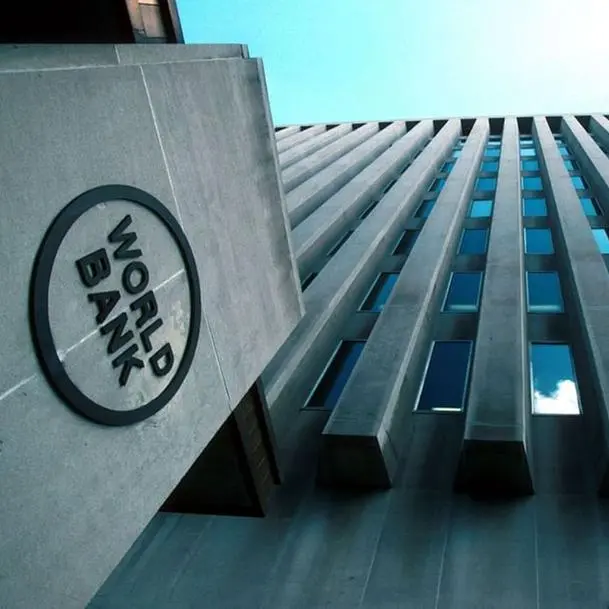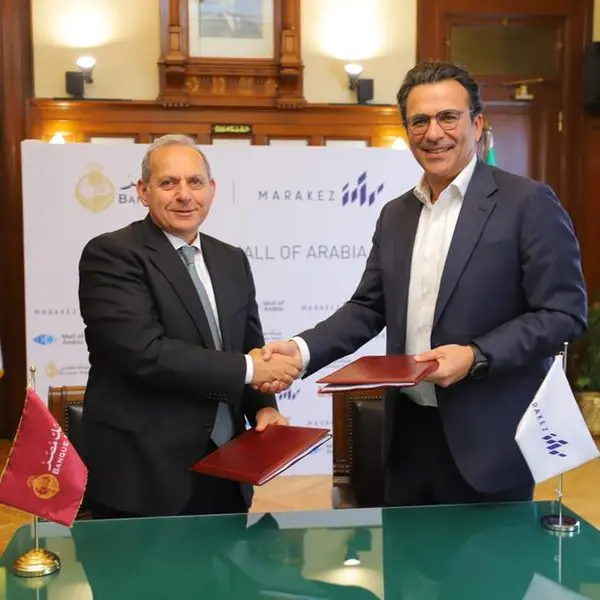PHOTO
Africa needs $1.4 trillion in funding to bridge a massive housing deficit gap, according to a top executive of Shelter Afrique Development Bank (ShafDB).
Welcoming the formation of a financial caucus of African ministers to prioritise the housing sector among national governments and international institutions, ShafDB Managing Director &CEO Thierno Habib-Hann said: “At 52 million housing units deficit and at an estimated construction cost of $25,000 per unit, the continent needs at least $1.4 trillion, which presents a huge funding challenge for us.”
He said the Caucus will provide a platform for housing and urban development ministers from member States to collaborate, share knowledge, and develop policies and financing strategies to deliver sustainable and affordable housing solutions under the Bank’s guidance.
The decision to form the Caucus was reached by shareholders at ShafDB’s 43rd Annual General Meeting (AGM) and Symposium held in Kigali, Rwanda last week.
“We believe the Caucus will help identify common challenges and opportunities in the housing sector to develop effective strategies for collective action and explore ways to mobilise resources and expertise from international partners, private sector stakeholders, and development organisations to support housing initiatives and address Africa’s housing crisis,” he said.
ShafDB shareholders also elected Nigeria’s Minister of Housing and Urban Development Arc. Ahmed Musa Dangiwa as the inaugural chairperson of the Caucus.
Shelter Afrique Development Bank is a Pan-African institution dedicated to financing and promoting housing, urban and related infrastructure development across the African continent. ShafDB operates through a partnership involving 44 African Governments, as well as the African Development Bank (AfDB) and the Africa Reinsurance Corporation (Africa-Re).
(Editing by Anoop Menon) (anoop.menon@lseg.com)
Subscribe to our Projects' PULSE newsletter that brings you trustworthy news, updates and insights on project activities, developments, and partnerships across sectors in the Middle East and Africa.





















